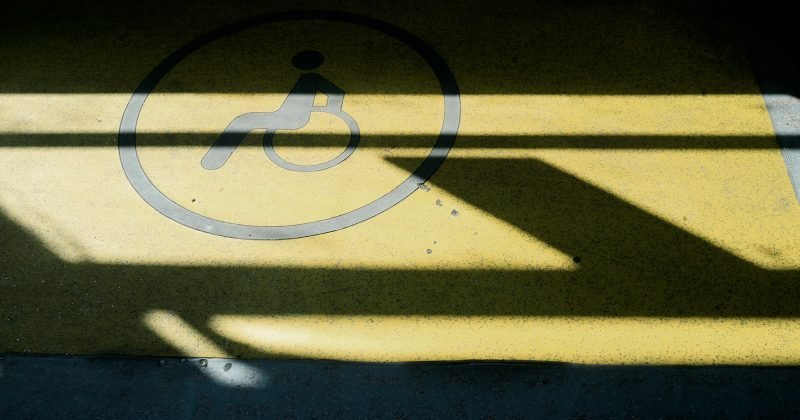October 11, 2020
How Do I Mitigate My Damages in a Car Accident Case?
Seeking legal help after a car accident is crucial for many reasons. You might be owed compensation for your injuries, but the process is not going to be easy. Not only will insurance companies make it painful, they will also demand proof of everything in an attempt to short-change your case. Contact a lawyer you know and trust so that he or she can help with your personal injury claim.
Here are some examples of steps you can take avoid comparative fault for an accident:
- Wear your seatbelt
- Follow all traffic laws
- Require all passengers in your vehicle to follow the law
- Stay off of your cell phone while driving
- Do not drive under the influence of any drugs or alcohol
Mitigating Medical Damages
Now is not the time to be careless with your case. In fact, you will only help your case by being vigilant and keeping specific records of all medical appointments. Insurance companies will be watching to see how responsible you are about your injuries. Take your recovery seriously from day one.
As soon as you see a medical professional, be sure to follow their direction. If you are able to, take a friend or family member with you to make sure you receive the correct information. Some victims may have a hard time focusing after a car accident, so it can be helpful to have an extra set of ears in the room with you.
If your doctor prescribes you a certain medicine, it is crucial that you follow instructions and take the medicine as prescribed. Do not deviate from your doctor’s orders. If he or she tells you to take doses around the clock until the medicine is gone, then do not decide that you will only take the medicine as needed.
Another important step is attending all follow-up appointments and therapy sessions. If you choose to neglect these appointments and your injuries worsen, you run the risk of the insurance companies placing the blame on your poor choices and personal neglect.
Failure to Mitigate
A failure to mitigate can lead to a defendant arguing in court that because you failed to take reasonable steps with your injuries, they should not be responsible now that the injuries that could have been avoided or lessened. In order words, your failure to take care of that injury to your finger should not be their responsibility now that you might lose your hand or arm. For more questions about mitigation and how it can impact your personal injury claim, contact Amicus Legal Group at (888) 588-1777.

